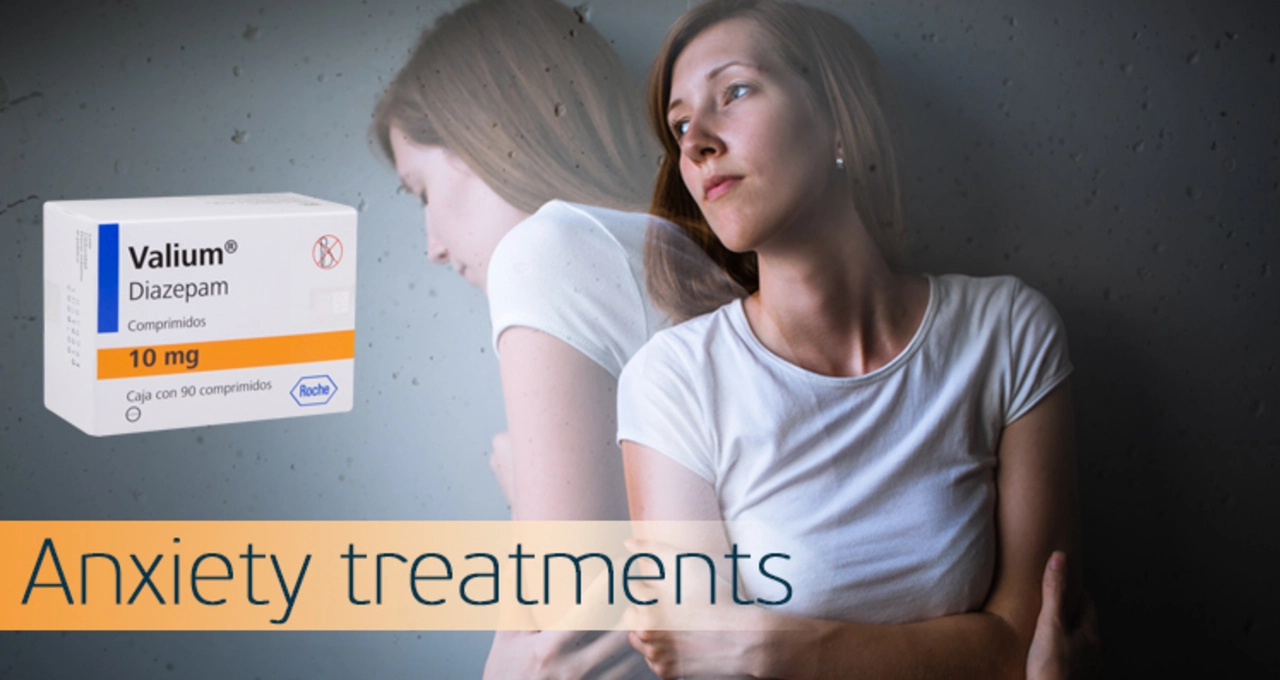Anxiety: Simple, Practical Help You Can Use Today
Ever had your heart race for no reason, felt dizzy, or found your thoughts racing and impossible to stop? That can be anxiety. It’s normal to feel anxious sometimes, but when worry starts to control your day, you need tools that work.
Start by spotting the signs. Panic, shortness of breath, racing heart, sweating, muscle tension, trouble sleeping, and constant worry are common. Anxiety can come as sudden panic attacks or as a low-level worry that never stops. Writing down when it starts, what you were doing, and how long it lasted helps you and your doctor understand patterns.
Here are quick, practical steps to use when anxiety spikes. Try a simple breathing trick: breathe in for four seconds, hold for four, breathe out for four. Repeat until your breathing slows. Grounding also helps—name five things you can see, four you can touch, three you can hear, two you can smell, one you can taste. Move your body: a short brisk walk or gentle stretching lowers adrenaline fast. Limit caffeine and nicotine before stressful events. If you have panic attacks, tell friends or coworkers a short plan so they can help calm you.
Long-term strategies and treatment options
For longer term control, three paths work best: therapy, medicine, and lifestyle changes. Cognitive behavioral therapy (CBT) teaches you to spot thought patterns that fuel anxiety and replace them with calmer responses. Exposure therapy helps with specific fears by gradual, guided practice. Medications like SSRIs (sertraline, citalopram) or SNRIs (venlafaxine) reduce chronic anxiety for many people; they usually take weeks to work and need a doctor’s prescription. Beta blockers can ease performance anxiety, while benzodiazepines work fast but are risky long-term due to dependence. Always talk to your doctor about side effects and interactions.
Daily routines matter. Aim for 30 minutes of moderate exercise most days, regular sleep (same bedtime), and a balanced diet. Cut back on alcohol and recreational drugs—these can worsen anxiety. Mindfulness or short daily meditation sessions can shrink worry over weeks. Track progress in a simple journal: note sleep, exercise, and your worst anxious moments.
When should you get urgent help? Call your doctor or emergency services if you have chest pain, fainting, severe shortness of breath, thoughts of harming yourself, or if anxiety stops you from working or caring for yourself. If medication feels wrong or side effects bother you, contact your prescriber; don’t stop suddenly.
Anxiety is treatable. With practical daily habits, proven therapies, and medical support when needed, most people get much better. Start small, try one breathing trick today, and ask for help when you need it.
What about supplements and herbs?
Some people try supplements like magnesium, omega-3, chamomile, or CBD. A few studies show small benefits, but results vary and products aren’t regulated tightly. Tell your doctor before mixing supplements with prescriptions. If a supplement helps your sleep or mood a little, that’s useful, but keep therapy and proven meds as the main plan.
Ask a pharmacist for advice.
Can Primidone Help with Anxiety? A Closer Look
In today's blog post, we're taking a closer look at Primidone and its potential to help with anxiety. Primidone is an anticonvulsant medication primarily used to treat epileptic seizures, but some studies suggest it might also have some benefits for anxiety sufferers. However, the evidence is still limited and not completely conclusive. As always, it's important to consult with a medical professional before trying any new treatment. Stay tuned for more updates and insights on this topic in the future!
